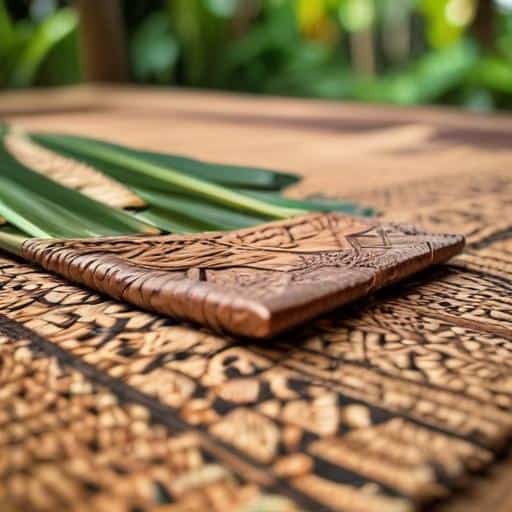Josefa Kurucake is urging for greater awareness regarding the increasing prevalence of counterfeit tabua, or whale’s tooth, used in traditional ceremonies among the iTaukei people. Tabua are revered items within their cultural practices, holding paramount importance during significant events.
Kurucake, a clan leader from Dratabu Village in Nadi, has dedicated 24 years to ensuring that only authentic tabua are presented during these ceremonies. He shared that substitutes like cow’s horns, which are lighter, and polished branches from the noni tree, have been mistakenly or intentionally used in place of genuine tabua, leading to potential misunderstandings in cultural presentations.
He emphasized, “The heavy nature of a whale’s tooth is a primary way to distinguish it from the lighter cow’s horns.” Notably, he relayed experiences where unsuspecting individuals brought fake tabua to ceremonies, only to be informed later that their offerings were not authentic. “They were shocked to learn that it was fake,” he recounted, indicating that sometimes people do so in hopes of receiving a real tabua in return, driven by a deceptive motive.
Kurucake stressed the cultural significance of tabua, which is inherently linked to the idea of sacredness, as reflected in the very etymology of the word. He is calling for a concerted effort to combat the circulation of these fake items, especially as concerns grow around this issue within the Ba province.
This conversation resonates with wider efforts among community leaders to ensure that traditional protocols and cultural items are upheld amidst changing societal norms, paralleling concerns voiced by leaders such as Ratu Naiqama Lalabalavu who have highlighted the importance of preserving iTaukei cultural integrity. The hope remains that by addressing and educating the community on such issues, authenticity in traditional practices can be preserved for future generations.
The commitment to cultural authenticity and traditional values reflects a broader desire within the iTaukei community to maintain their identity against modernizing influences. The collective efforts of leaders like Kurucake serve not only to protect cultural practices but to strengthen the bonds within the community, fostering a resilient cultural heritage that can thrive for generations to come.

Leave a comment